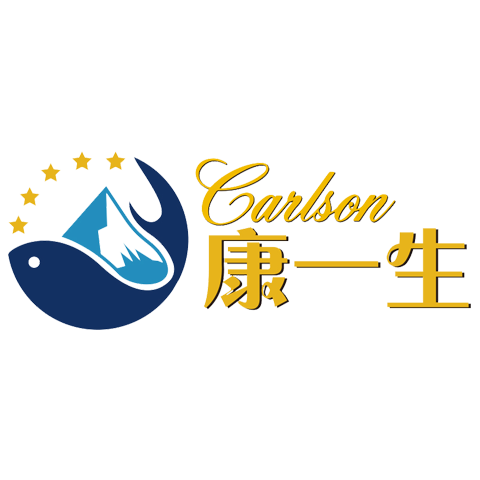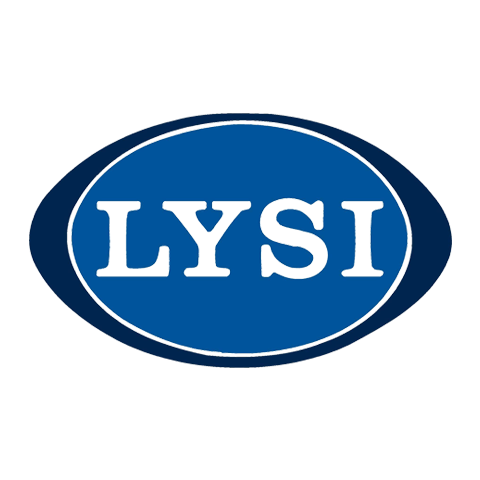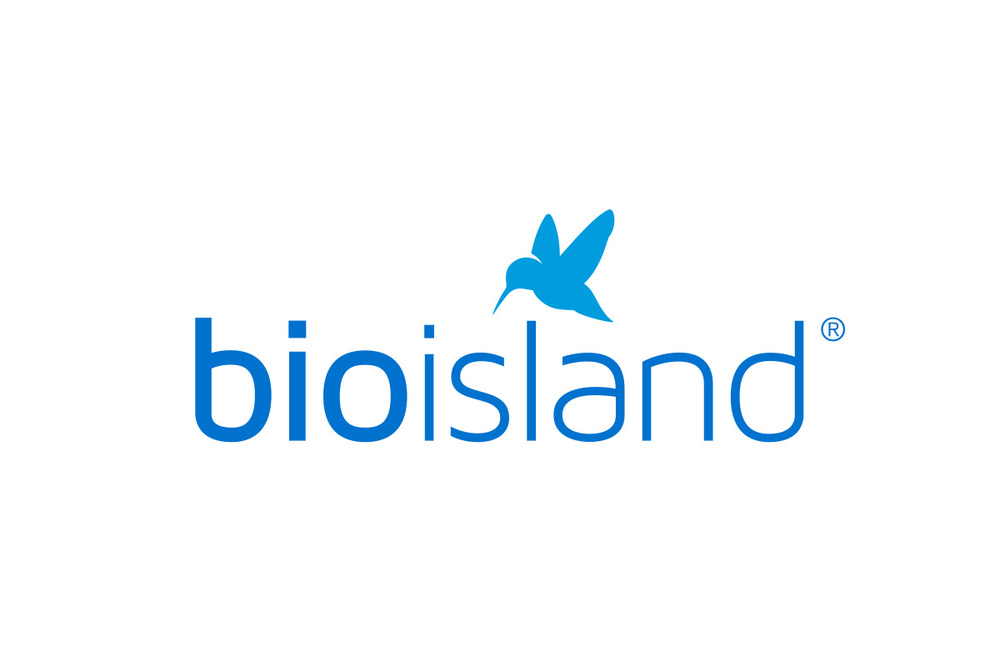Founded in 1854, Moller's is one of the first Norwegian cod liver oil brands over 150 years ago. Moller's founder, Peter Moller, became known for his use of the most advanced steam method at the time to produce cod liver oil. At present, Moller's is still one of the world's largest cod liver oil brands, and the entire line of fish oil products of Carlson Kangsheng in the United States is produced by its OEM.
Moller's product line is mainly classified according to age, but as long as the proportion of cod liver oil is appropriate, the intake is not excessive, and there is no need to mind children or the elderly, compared with adults, infants and children can reduce the amount used.
Moller's produces cod liver oil from Norwegian cod, i.e. Atlantic cod, and its most popular is MOLLER'S TRAN. TRAN is available in three flavors, plain, lemon and fruity for children. Each 5 ml of cod liver oil contains 250 μg of vitamin A (about 833 IU), 10 μg of vitamin D (400 IU), and about 1.2 g of Omega-3. Since the vitamin D content is just the recommended daily value, and the vitamin A content is not too high, it is very suitable for children or adults to use, and there is no need to worry about excessive vitamin intake.
Perhaps in the eyes of many people, only babies and children need vitamin D supplementation for the prevention of rickets, looped legs, etc. But vitamin D can do much more than that, and a lack of vitamin D can cause neurodevelopment, low levels of macrophages in the immune system, and other organs to not work properly. People who work indoors may have migraines, but they can't find the specific cause when they go to the hospital, and the problem may be caused by lack of sunlight and vitamin D deficiency. Either Moller's Cod Liver Oil or Vitamin D3 supplements are effective in supplementing with vitamin D and treating migraines caused by vitamin D deficiency.
Moller's and other brands of cod liver oil, in addition to supplementing vitamins, contain Omega-3 is also a beneficial ingredient. There is a lot of research on Omega-3s, and there is a more accurate scientific basis for the effect of lowering triglycerides. DHA has great significance for infant retina, brain development, etc., but the claim that additional supplementation can increase intelligence is untenable. There may be some potential benefits of additional DHA supplementation during pregnancy or in infants and young children, but there is currently no evidence of significant health harm. The DHA intake of the Chinese population generally does not meet the recommended standard, and DHA supplementation has certain significance. In the 2015 guidelines, the Chinese consensus expert group on DHA supplementation for pregnant women and infants recommended daily DHA supplementation of 200mg for pregnant women and 100mg for infants and young children.








